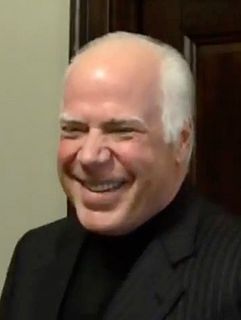A Quote by Virginia Postrel
Grassroots techies - the mostly unknown people who write code and start companies that don't make the headlines - hate, loathe, and despise Microsoft. At technology conferences, it is the devil, or the guaranteed laugh line. Its products are mocked, its business practices booed.
Related Quotes
The key thing is to invest in the future, and what that means is - when you're deploying technology or you're a technology business - is to make sure that you're keeping on the innovation cycle, where you're both creating and adopting the new business practices and the new techniques in order to drive your business the right way.
The key thing is to invest in the future and what that means is when you're deploying technology or you're a technology business, is to make sure that you're keeping on the innovation cycle, where you're both creating and adopting the new business practices, and the new techniques in order to drive your business the right way.
The Tea Party is almost solely grassroots-based; business interests have almost no grassroots organization. The Republican Party has for too long been run on behalf of business interests who favor candidates the grassroots hate; the minute that those candidates begin to flag, only loyal Tea Partiers stand behind them.
I hate the way you talk to me, and the way you cut your hair. I hate the way you drive my car. I hate it when you stare. I hate your big dumb combat boots, and the way you read my mind. I hate you so much it makes me sick; it even makes me rhyme. I hate it, I hate the way you're always right. I hate it when you lie. I hate it when you make me laugh, even worse when you make me cry. I hate it when you're not around, and the fact that you didn't call. But mostly I hate the way I don't hate you. Not even close, not even a little bit, not even at all.
When you're designing and inventing the way I did, every minute of your life is put - every neuron in your brain into trying to think about the little code and how you can maybe have one less line of code and a little bit more straightforward from the beginning to the answer. And you don't have time to think about companies and products and how would I build this. So Steve Jobs and I were a very necessary pair.





































